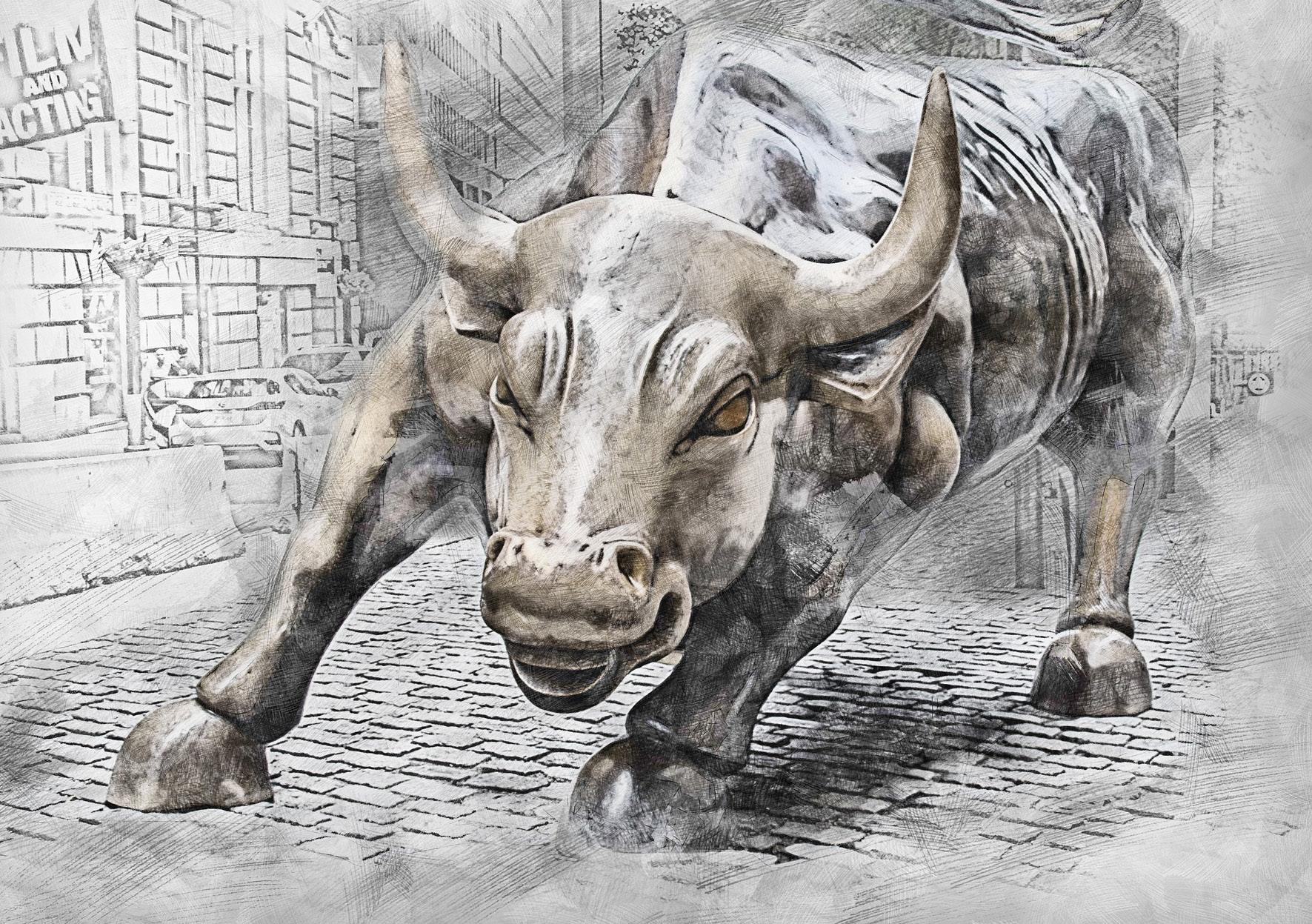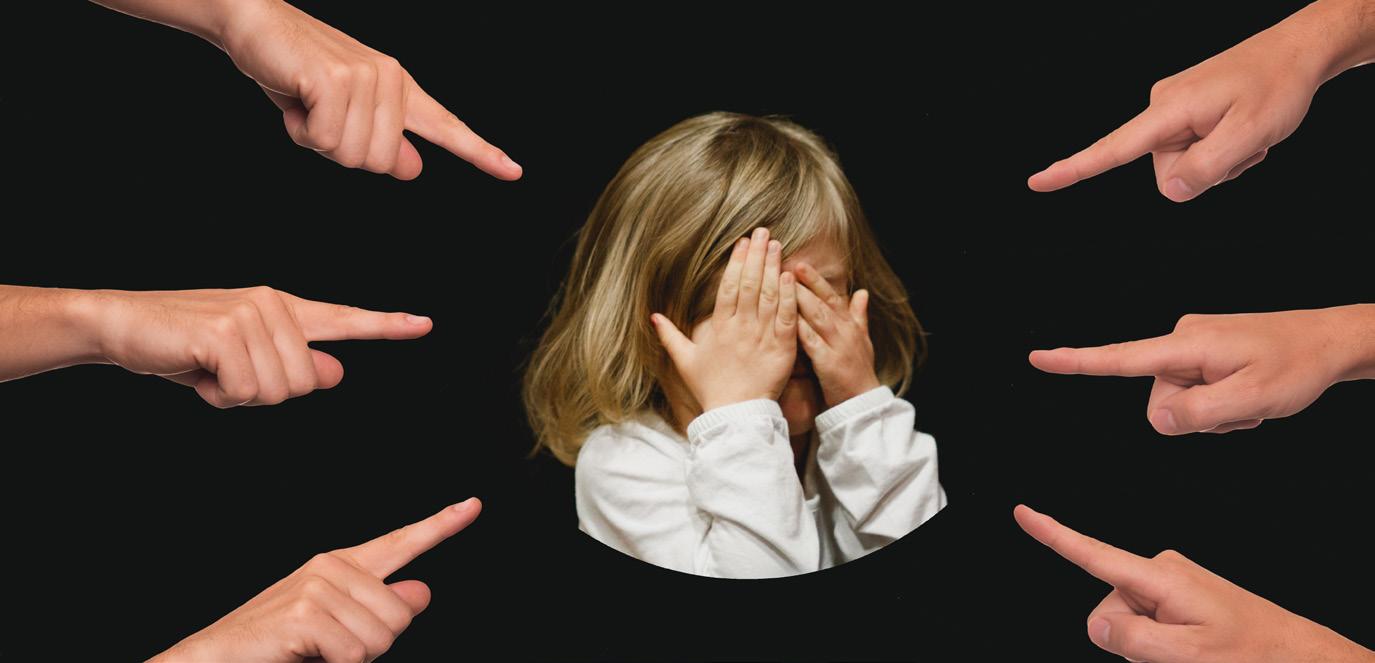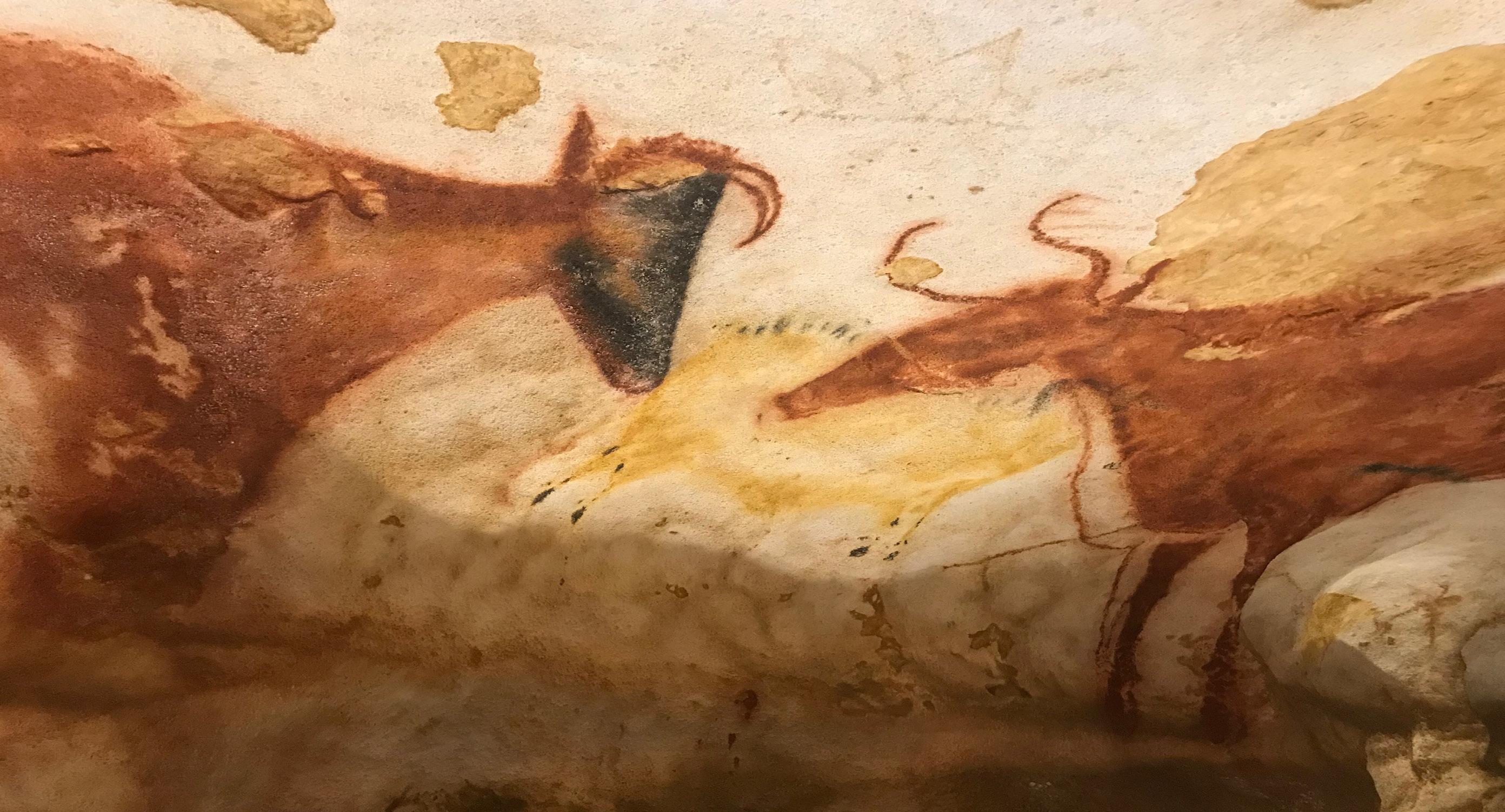
4 minute read
Reflections
The Bullying Anomaly Origin of the Word By Jane Offer
The term bullying is used freely these days and there is no circumstance in which this type of behaviour is acceptable. However, the origins of the word Bully reflect a different and diverse story.
I have always loved words and their meanings, including the ‘word elves’ that hide in them, giving us more insight into their true meaning. However, with the word bully, there is no hiding – it’s there - BULL signifying bullish behaviour.
However, in the 1530’s, ‘Bully’ was used as a term of endearment and familiarity, which could be applied to either sex. It possibly originated from the Dutch word Boel meaning lover, which was the corruption of an earlier Dutch word Broeder or the German word Buole, both meaning brother.
Bully reflect a different and diverse story.”
Later, it was applied only to men and implied friendly admiration as illustrated by William Shakespeare (1564-1616), who used it often when describing a good friend or fine fellow. One example of this is in A Midsummer Night’s Dream with Peter Quince asking Nick Bottom “What sayest thou, bully, Bottom?” This friendly connotation continued as late as 1892, when Oliver Heslop compiled a glossary of Northern UK sayings and listed Bully as equivalent to brother; a mate, a comrade.
So where did it all go so wrong? There are many theories but none can account for such a rapid and complete semantic change. It could be that the verb ‘to bully’ was derived from the animal, which, as a breeding male, would harass and use its power to override other younger bulls. This tallies with the spirit animal meaning that describes the bull as a strong role model, but sometimes a little too bull-headed, both literally and figuratively. We have sayings such as ‘like a bull at a gate’ or ‘a bull in a china shop’, both meaning headstrong behaviour without any consideration for the damage or consequences. And isn’t that bullying?
A strange anomaly in the numerology of the word is that Bully has the same

numerological value as Love: 18/9. Maybe this indicates that we could see the bully, not as someone to be feared, but as someone to feel saddened by? Does this show us that by l oving who we are, we become stronger? One of the most empowering actions we can make, is to forgive the behaviour – not the action, as that is the bully’s responsibility - and set ourselves free.
Years ago, David worked in London, where one of his directors was just such a bully. He held meetings and would single out one person to ridicule or diminish to the rest of the team. His way of gaining respect, poor deluded man! When I heard about this sad soul, I gave David techniques to apply at these meetings. Full of his usual scepticism based upon many distressing experiences, this shy and gentle man attended his meeting, newly armed. He told me later of the ‘amazing coincidence’ that he was not the target and in fact, it was as though he was not even present. Using similar tools, he always termed the results as ‘ coincidences’ until finally, he had to admit that it worked!


The energy of thought creates action, that action then promotes further thought, creating the next action and so on.
This cyclic process spiralled this particular bully down into deeper and deeper despair, forcing him to use attack as a defence. His was from a simple and austere background, which was a problem to him and he used undermining tactics to feel stronger by making others feel weaker. He gathered a team around him who were afraid of his power over their jobs; the classic behaviour of a bully – form a gang!
So is that the key I wonder, that both the bully and their target have lost their inner self-worth and with it, their personal power. One hides it behind aggression and the other becomes vulnerable, with the law of attraction drawing them together.
If this is the case, then as adults we can strengthen our foundation by changing our view of who we are, supporting our children to do the same. For those that experience bullying in the extreme, I send you my heartfelt apologies on behalf of that sector of humanity that have lost themselves so completely that they need to suppress you in such a cruel way. We do not reap benefit from being intimidated by another’s beliefs or opinions but neither can we change it. However, we can change the opinion we hold about ourselves and, in doing so, regain a level of strength.

We know deep down that we are each intrinsically good, compassionate and wonderfully unique but fear often masks it, affecting our thoughts and our behaviour. So, stand strong in the face of the bull, don’t lose sight of yourself and you will ultimately prevail.










